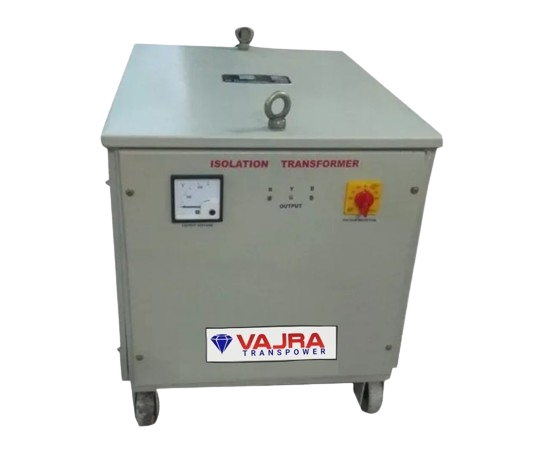
Isolation transformers provide a crucial layer of safety and protection for sensitive electronic equipment by electrically isolating the load from the power source. These transformers are essential in various applications where electrical safety and noise reduction are paramount. Unlike standard transformers, isolation transformers don't rely on a ground connection for the secondary circuit, creating a significant barrier against electrical shocks, ground loops, and unwanted noise interference.
Key Features & Benefits:
Technical Specifications (Vary by Model):
Choosing the Right Isolation Transformer:
Selecting the appropriate isolation transformer depends on your specific needs and application. Key factors to consider include: